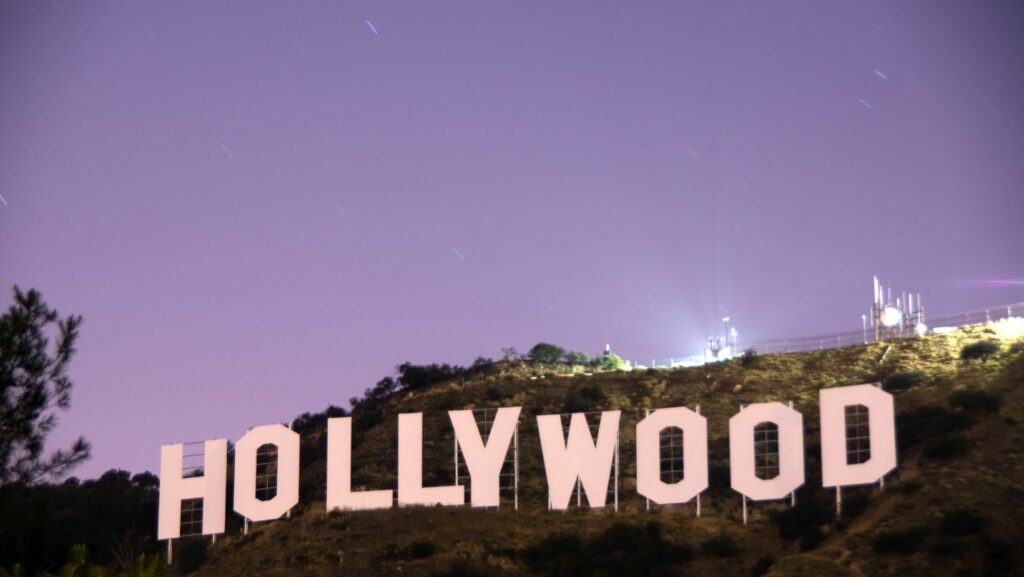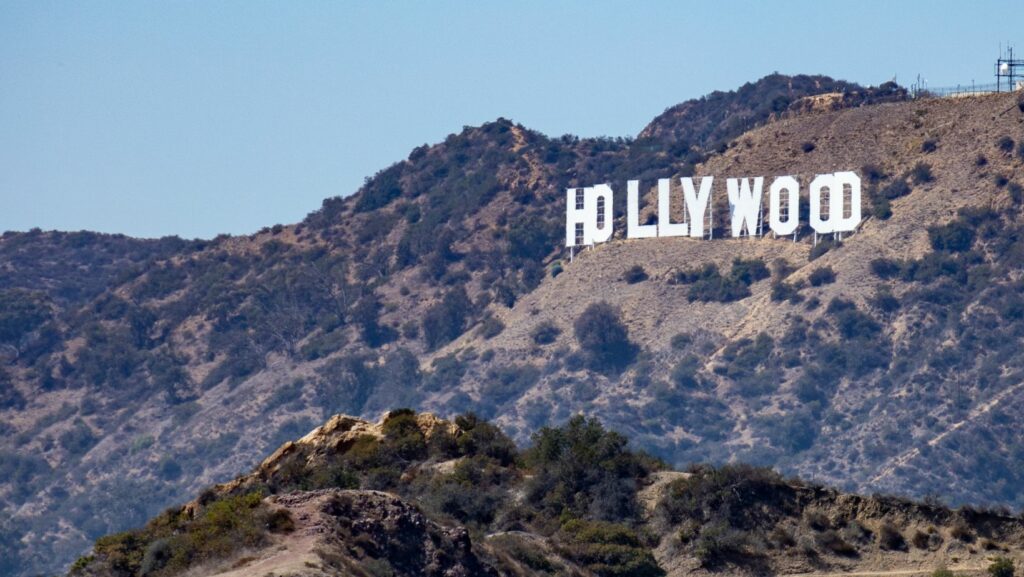Hollywood Cinema Arts
Hollywood has long been the beating heart of the global film industry, captivating audiences with its dazzling blend of creativity and innovation. From the golden age of cinema to the digital era, Hollywood’s influence on the arts is undeniable. It’s a place where storytelling transcends boundaries, bringing to life tales that entertain, inspire, and provoke thought.

The magic of Hollywood cinema lies in its ability to transform ordinary narratives into extraordinary experiences. With its rich tapestry of genres and groundbreaking techniques, Hollywood continues to set the standard for cinematic excellence. Directors, actors, and artists from around the world flock to this iconic hub, each contributing their unique flair to an ever-evolving art form.
As Hollywood adapts to modern challenges and embraces new technologies, its commitment to pushing artistic boundaries remains steadfast. This dynamic industry not only reflects societal changes but also shapes them, making Hollywood cinema an enduring pillar of cultural expression.
The Evolution of Hollywood Cinema Arts
Hollywood cinema has undergone significant transformations since its inception. Each era contributed critical advancements that shaped film as an art form.
Early Beginnings
In the early 20th century, Hollywood emerged as the epicenter of film production. Filmmakers like George Méliès and D.W. Griffith laid the groundwork for narrative storytelling. Silent films dominated this period with their expressive acting and innovative techniques. Established in 1908, the Motion Picture Patents Company monopolized early film technology, prompting independent filmmakers to migrate to Hollywood’s less restrictive environment.
The Golden Age
The 1930s and 1940s marked Hollywood’s Golden Age, characterized by the dominance of the studio system. Iconic studios like Metro-Goldwyn-Mayer (MGM) and Warner Bros. produced classics such as “Gone with the Wind” and “Casablanca.” This period saw directors like Alfred Hitchcock and Billy Wilder perfect genres, including film noir and musicals. Technicolor advancements enhanced visual storytelling, capturing audiences worldwide.
Modern Transformations

From the 1970s onwards, Hollywood cinema entered a phase of modernization, embracing new technologies and storytelling methods. The blockbuster era began with films like “Jaws” and “Star Wars,” revolutionizing production and marketing strategies. Digital technology transformed the industry in the late 20th century, with CGI becoming a staple in filmmaking. Directors like James Cameron and George Lucas pushed boundaries, utilizing digital tools to create immersive cinematic experiences.
Influential Directors and Writers
Hollywood has long been a breeding ground for creative visionaries who redefine storytelling. Iconic directors and writers have shaped cinema arts, each leaving a unique imprint on film history.
Pioneering Filmmakers
Innovative directors set benchmarks in Hollywood’s formative years. Alfred Hitchcock, often dubbed the “Master of Suspense,” revolutionized psychological thrillers with films like “Psycho” and “The Birds.” Orson Welles transformed narrative style and cinematography with “Citizen Kane,” a film hailed as one of the greatest of all time. These filmmakers pushed boundaries creating new genres and techniques.
Renowned Screenwriters
Brilliant screenwriters have crafted unforgettable dialogue and stories. Billy Wilder, famous for his wit and satire, penned classics like “Sunset Boulevard” and “Some Like It Hot.” Ernest Lehman contributed to Hollywood’s golden script era with works like “North by Northwest” and “West Side Story.” Their writing elevated cinema, creating timeless narratives.
Contemporary Visionaries
Today’s directors bring fresh perspectives to Hollywood cinema arts. Quentin Tarantino, known for his non-linear storytelling and dialogues, created cult favorites like “Pulp Fiction.” Greta Gerwig offers unique narratives in films like “Lady Bird,” capturing modern themes and emotions. These visionaries embrace new technologies and diverse storytelling forms, continuing Hollywood’s tradition of innovation.

Iconic movies shape cultural landscapes and often create lasting impacts on society. Hollywood’s cinema arts are renowned for producing films resonating with audiences worldwide.
Classic films from Hollywood’s Golden Age laid the foundation for modern cinema. “Gone with the Wind” (1939), renowned for its epic storytelling and innovative Technicolor, remains an essential part of cinematic history. Alfred Hitchcock’s “Psycho” (1960) redefined suspense and horror, influencing generations of filmmakers. “Casablanca” (1942) showcased the power of romance and drama, becoming a timeless treasure in film archives.

